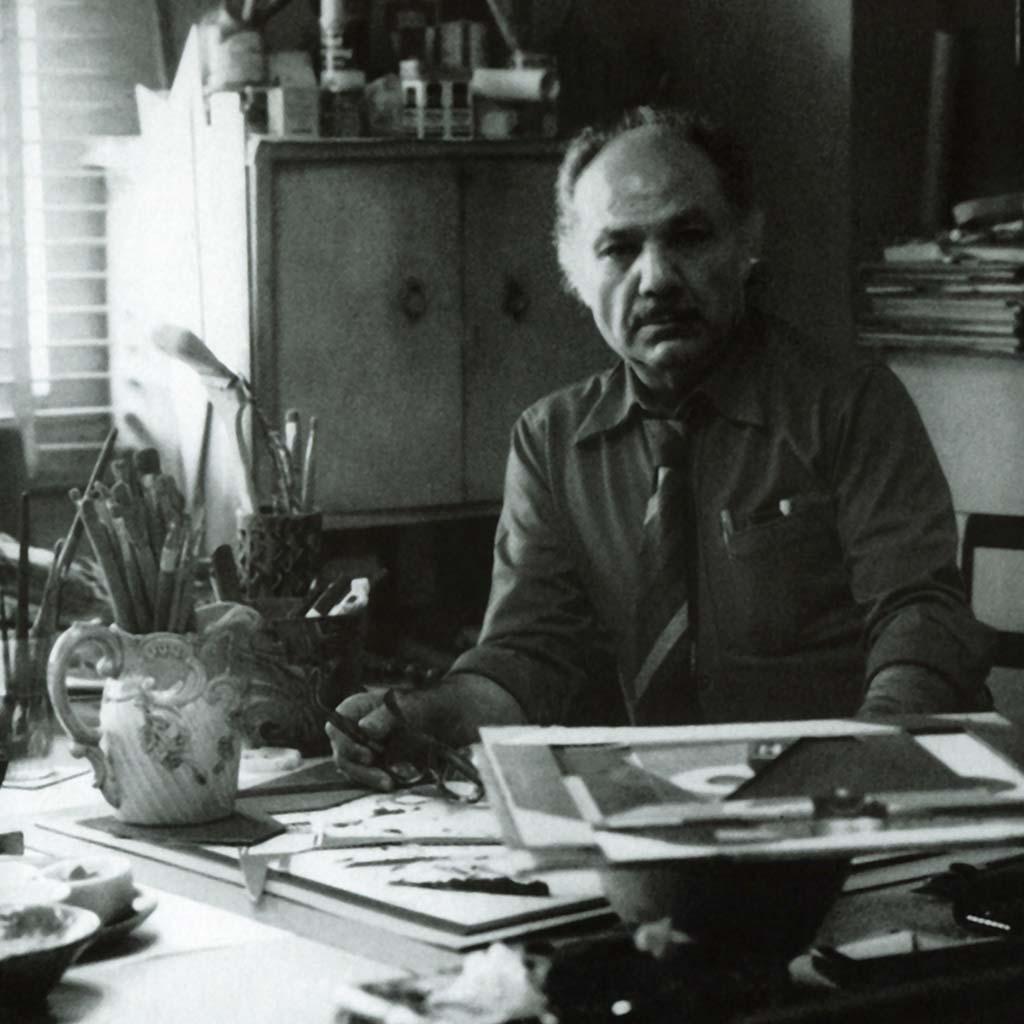
Written by: Mahmoud Demerdash
Date: 2025-07-14
The Silent Killer of Marriage

Unpacking the Psychology Behind Marital Disconnect
Marriage is rarely undone in a single moment. More often, the unravelling begins in silence — not through explosive fights or infidelity, but through something quieter, subtler, and far more insidious: emotional distance. It doesn’t announce itself with drama. It doesn’t make headlines in a family. It simply creeps in, replacing connection with routine, replacing warmth with surface-level exchanges, and replacing closeness with a numbing kind of quiet.
Often referred to by psychologists as the “silent killer” of relationships, emotional distance is the gradual loss of connection between partners, where communication becomes superficial, vulnerability fades, and the sense of emotional closeness is replaced by silence, routine, or indifference. It's not about how much time a couple spends together or the activities they participate in. It’s about whether they still see one another, whether they remain attuned to each other’s thoughts, feelings, fears, and inner lives. In emotionally distant marriages, communication becomes logistical and impersonal. Partners stop asking meaningful questions. They stop revealing parts of themselves. Vulnerability is replaced with habit, curiosity with complacency.
At its root, emotional distance is a psychological defence, a way people protect themselves from pain, uncertainty, or emotional overwhelm. It often begins subtly, perhaps during periods of high stress when partners become preoccupied with survival, such as managing careers, raising children, or paying bills. Slowly, the emotional connection is pushed aside. When life becomes transactional, so does the marriage. Conversations are reduced to calendars and responsibilities. Eyes drift away from each other. Not because love is gone, but because presence is.
Sometimes, the distance is born not from stress, but from fear. For people with histories of trauma, emotional neglect, or betrayal, actual vulnerability feels unsafe, even with a spouse. They may withhold affection or avoid deeper conversations as a subconscious way of guarding their emotional boundaries. The paradox, of course, is that the more we withdraw to avoid being hurt, the more we create the very loneliness we fear. One partner pulls back, and the other feels rejected, following suit, and the emotional gap widens until it feels unbridgeable.
In other cases, emotional distance stems from a desire to avoid conflict. Many couples associate peace with silence, believing that if they’re not fighting, things must be fine. But in reality, avoiding difficult conversations often erodes emotional closeness. The unspoken becomes heavy. Resentments simmer beneath the surface. The couple becomes afraid of rocking the boat, so they drift silently instead.
Over time, this disconnection becomes a new normal. Partners feel lonelier together than they do alone. They might still perform the duties of marriage — such as shared meals, parenting, and attending social functions — but without the emotional intimacy that makes marriage feel like a true partnership. The small moments of tenderness, laughter, or deep conversation disappear. Physical affection may persist out of habit, but the spark that initially fueled it fades. Eventually, one or both partners may begin to feel not just unloved, but unseen.
What makes emotional distance so dangerous is precisely its subtlety. Unlike cheating or constant fighting, it doesn’t feel like an emergency. There’s nothing obviously “wrong,” and so it’s easy to rationalize or ignore. The couple may tell themselves that it’s just a phase — that things will improve once the kids are older, once work slows down, once life becomes less chaotic. But sometimes that phase never ends, and the disconnect becomes permanent.
The tragedy is that many couples only realize how far they’ve drifted when it’s already too late — when one partner voices their unhappiness or leaves altogether, saying, “I just don’t feel anything anymore.” What they mean is: I haven’t felt anything with you in a long time, and I didn’t know how to tell you.
While emotional distance can quietly erode a relationship, it’s not a point of no return; with awareness, vulnerability, and effort, the connection can be rebuilt and the bond made even stronger than before. Rebuilding after a period of distance can be difficult, but it is not impossible. It starts with acknowledging the distance itself, naming it without blame. This is not about fault; it’s about presence. Couples need to start speaking not just to exchange information, but to understand each other again. That means carving out time to talk without distractions, to ask each other fundamental questions, to revisit the emotional terrain they once shared. It requires vulnerability — the willingness to say what hurts, what’s been missing, and what they hope to find again.
Emotional responsiveness is key. When one partner shares something — no matter how small — the other must be present enough to notice and respond. That responsiveness fosters safety, and safety in turn invites greater openness. Slowly, the emotional walls can come down.
In some cases, especially where emotional distance has become a long-standing pattern, therapy may be the most effective path to reconnection. A skilled couples therapist can help partners uncover unspoken fears, habits of emotional avoidance, and the subtle patterns that have kept them from truly seeing and responding to one another. More importantly, therapy provides a safe, structured space where emotional presence is not only encouraged but actively practiced — a space where communication is slowed down, honesty is supported, and each partner learns how to listen and respond with empathy rather than defensiveness.
In today’s world, therapy has become far more accessible, normalized, and varied than ever before. What was once seen as a last resort or a sign of failure is now widely understood as a proactive tool for growth. The stigma that once surrounded couples counseling has steadily faded, replaced by a cultural shift that values emotional intelligence and mental health. Many couples now seek therapy not because they are on the brink of collapse, but because they recognize the value in maintaining and deepening their emotional bond.
This modern embrace of therapy reflects a broader understanding that relationships, like individuals, evolve — and that with this evolution comes the need for reflection, recalibration, and emotional upkeep. Therapy provides the language, tools, and guidance that many couples simply never learned growing up. For partners who have fallen into emotional autopilot, it offers a wake-up call — a reminder that intimacy is not just about love, but about presence, attention, and the courage to be vulnerable again.
At its heart, emotional distance isn’t about a lack of love. It’s about a loss of emotional engagement, the daily choice to remain open, curious, and connected. And while it's easy to let that choice slip away amid the noise of life, choosing to reach for each other again, to see and hear one another, is how marriages begin to heal. It isn’t something you build once and keep forever. It’s something you choose, day after day. And when you stop choosing it, distance doesn't just happen, it grows.





